Purgatorio, Canto 33
OVERVIEW
Tom Hibbs is the J. Newton Rayzor Sr. Professor of Philosophy at Baylor University. His research is on Thomas Aquinas, the philosophy of religion, Medieval philosophy, and ethcis, and he is the author of Wagering on an Ironic God: Pascal on Faith and Philosophy and Virtue’s Splendor: Wisdom, Prudence, and the Human Good.
Questions for Reflection
- What charge does Beatrice give Dante at the beginning of the canto? What might this help us to see about the purpose of the Comedy as a whole?
- Dante often draws on the image of the stamp leaving an impression in wax. How does he deploy that image in lines 79-81? Why would he tie this imagery to Beatrice, given what he has confessed in the previous cantos?
- What does Beatrice say to critique Dante’s school of thought? How can he better align his mind with the divine pedagogy she has to offer him?
- Why can Dante not remember estranging himself from Beatrice’s memory in the past?
- Virgil proclaimed Dante’s will to be perfectly free in Purg. 27. Perhaps surprisingly, Dante depicts the perfection of free will by “making another’s will its own” (131). What does this tell us about the way Dante understands the freedom of the will?
- If Dante has been made morally perfect, restored to Eden’s innocence…why not end the poem here? Why does Dante need to make the journey into the stars?
DETAILS
- Dr. Tom Hibbs
- Baylor University
- Run Time 8:20








